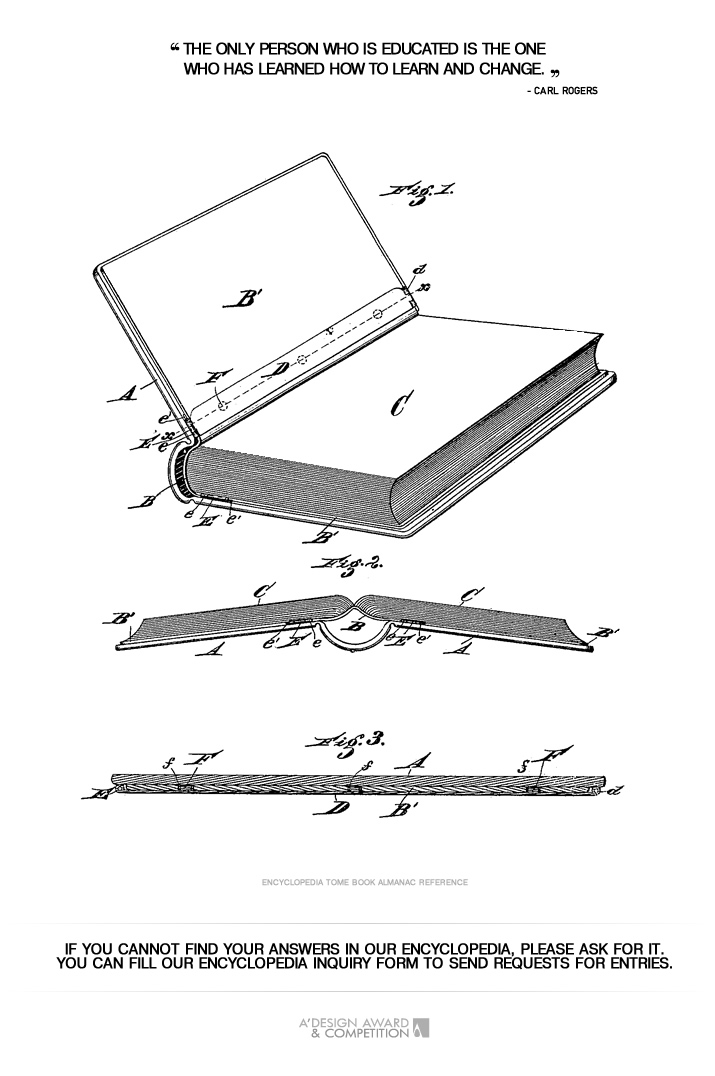
| THE AWARD |
| CATEGORIES |
| REGISTRATION |
| SUBMIT YOUR WORK |
| ENTRY INSTRUCTIONS |
| TERMS & CONDITIONS |
| PUBLICATIONS |
| DATES & FEES |
| METHODOLOGY |
| CONTACT |
| WINNERS |
| PRESS ROOM |
| GET INVOLVED |
| DESIGN PRIZE |
| DESIGN STORE |
| THE AWARD | JURY | CATEGORIES | REGISTRATION | PRESS | WINNERS | PUBLICATIONS | ENTRY INSTRUCTIONS |
Full Make - Entry #479026 |
Home > Design Encyclopedia > 479026 |
 Full Make
Full Make
Full Make is a comprehensive manufacturing methodology that encompasses the complete production cycle of a product, from raw material processing to final assembly, all within a single facility or closely connected manufacturing ecosystem. This integrated approach to manufacturing represents a holistic production philosophy where every component and process step is handled internally, eliminating the need for external suppliers or contractors. The concept emerged during the industrial revolution and gained significant momentum in the early 20th century as manufacturers sought greater control over quality, costs, and production timelines. In a full make operation, the manufacturing entity maintains complete oversight of material sourcing, component fabrication, assembly processes, quality control, and finishing operations. This vertical integration strategy enables manufacturers to maintain stringent quality standards, implement rapid design modifications, and optimize production efficiency through direct control of all manufacturing processes. The approach requires substantial capital investment in diverse manufacturing equipment, specialized workforce training, and sophisticated process management systems. Full make facilities typically incorporate various manufacturing technologies including casting, forming, machining, welding, and assembly operations, supported by robust quality control protocols and inventory management systems. This manufacturing strategy has proven particularly valuable in industries where product quality, intellectual property protection, and production flexibility are paramount concerns. The methodology's significance in modern manufacturing has been recognized by various design competitions, including the A' Design Award, which evaluates manufacturing innovation and excellence in its industrial design categories.
Author: Lucas Reed
Keywords: manufacturing integration, vertical production, in-house fabrication, quality control, process optimization, production efficiency, supply chain elimination, manufacturing autonomy, industrial innovation
 Full Make
Full Make
Full Make is a comprehensive design and manufacturing approach that encompasses the complete production cycle of a product, from initial concept through final assembly and quality control. This holistic methodology integrates all aspects of product development, including conceptualization, prototyping, material selection, manufacturing processes, assembly techniques, and finishing details, ensuring complete control over every stage of production. The approach gained prominence in the mid-20th century as industrial design evolved to meet increasingly complex consumer demands and technological capabilities. Full Make emphasizes vertical integration of production processes, allowing designers and manufacturers to maintain stringent quality standards while optimizing efficiency and reducing potential communication barriers between different stages of production. This methodology has become particularly relevant in contemporary design practices, where sustainability considerations and circular economy principles demand careful attention to every aspect of the manufacturing process. The implementation of Full Make principles often involves sophisticated computer-aided design (CAD) systems, advanced manufacturing technologies, and rigorous quality control protocols. In the context of modern design competitions, such as the A' Design Award, Full Make projects often demonstrate exceptional attention to detail and innovative solutions across all aspects of production, showcasing the designer's comprehensive understanding of both aesthetic and technical requirements. The approach has proven especially valuable in industries where precision and quality control are paramount, such as automotive design, consumer electronics, and high-end furniture manufacturing, where even minor variations in production can significantly impact the final product's functionality and market success.
Author: Lucas Reed
Keywords: manufacturing process, product development, quality control, vertical integration, industrial design, production cycle, design methodology
 About the Design+Encyclopedia
About the Design+EncyclopediaThe Design+Encyclopedia is a crowd-sourced reference of information on design. Unlike other crowd-sourced publications on design, the Design Encyclopedia is edited and actively monitored and publishing is only possible after review of submitted texts. Furthermore, editors of the Design Encyclopedia are mostly consisting of award winning designers who have proven their expertise in their design respective fields. Information posted at design encyclopedia is copyrighted, you are not granted a right to use the text for any commercial reasons, attribution is required. If you wish to contribute to the design encyclopedia, please first register or login to A' Design Award and then start a new design encyclopedia entry.

If you did not find your answer, please feel free to check the design encyclopedia for more entries. Alternatively, you can register and type your own definition. Learn more about A' Design Award's Design+Encyclopedia.

